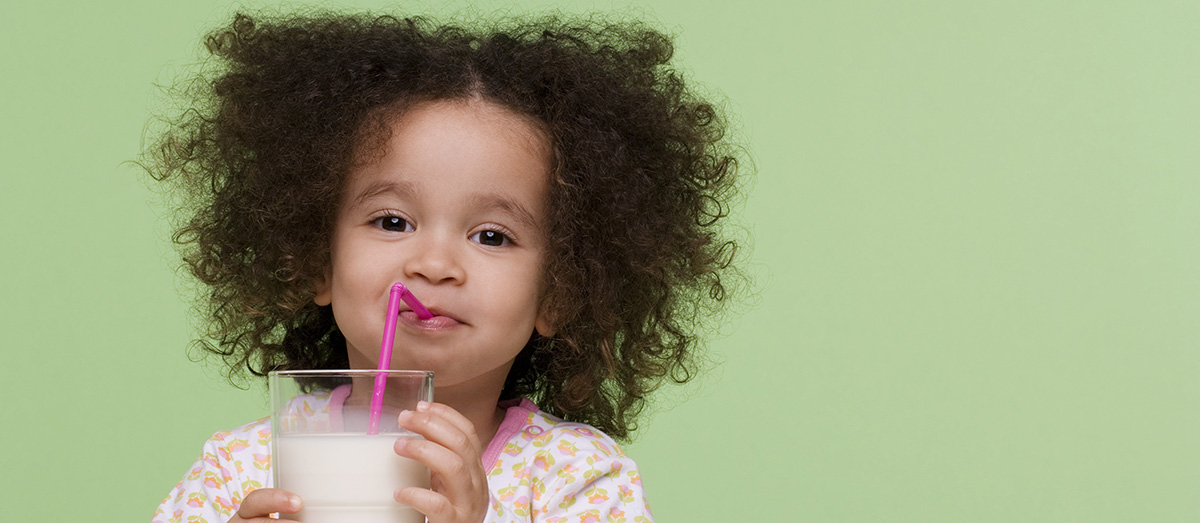Having kids eat a balanced, nutritious diet isn’t always easy. Kids can be picky eaters. Families have busy schedules and are often on-the-go. But it’s important to try to encourage a healthy diet because young children can be at risk for developing anemia.
Anemia is a condition in which the body has a low number of red blood cells and a low hemoglobin concentration. Hemoglobin carries oxygen in the red blood cells from the lungs to the body. Iron deficiency anemia occurs when there is not enough iron in the body to make red blood cells. It is the most common cause of anemia.
Iron deficiency anemia can develop when kids aren’t eating enough iron-rich foods
Anemia due to a child’s diet can happen slowly. Because of this, parents may not always notice the development of symptoms until they become really severe. Iron deficiency anemia can develop because kids aren’t eating enough iron-rich foods. Not getting the proper vitamins and nutrients can also cause this type of anemia. For babies, breastfeeding past six months of age without starting solid foods can sometimes lead to anemia.
We know that milk can help with strengthening bones and help with growth. However, there is a limit to the amount that kids should drink. Drinking too much cow’s milk can cause iron deficiency anemia. Here’s why:
Drinking too much cow’s milk cause iron deficiency anemia in toddlers
- Milk has a small amount of iron that does not meet the needs of a growing child.
- Milk gets in the way of the body’s ability to absorb iron from food.
- Drinking too much milk can cause children to fill up on liquid. This can cause them to eat less solid food. Eating less nutritious foods can cause anemia.
Tips for preventing iron deficiency anemia
Iron deficiency anemia can be avoided by following these recommendations:
- Start baby foods and solid foods no later than six months of age in a breast-feeding infant.
- Babies born prematurely need higher amounts of iron than full-term babies and may need to start iron supplements early in life.
- Do not give children more than 16-20 ounces of milk a day.
- Give children water with their meal to drink while eating, so they don’t fill up on milk.
- Don’t give milk as a snack. Let kids eat nutritious foods and drink water at snack time.
- Make sure that your child is eating foods rich in iron. Here are some suggestions:
- Meats: Beef, chicken, pork and seafood
- Vegetables: Mushrooms, broccoli, spinach, asparagus, potatoes with skin, peas, green beans
- Other: Fortified breads, cereals and pastas, raisins, nuts, eggs (yolks), dried apricots, watermelon
Healthy nutrition is about having a kids eat a variety of foods in their diet. Parents should not cut out milk from their kids’ diets entirely. By following these guidelines, parents can give their kids a healthy diet while also preventing this type of anemia.
For more information about iron deficiency anemia or to schedule an appointment with our Hematology Clinic, please call 513-517-2234 or visit our website.

